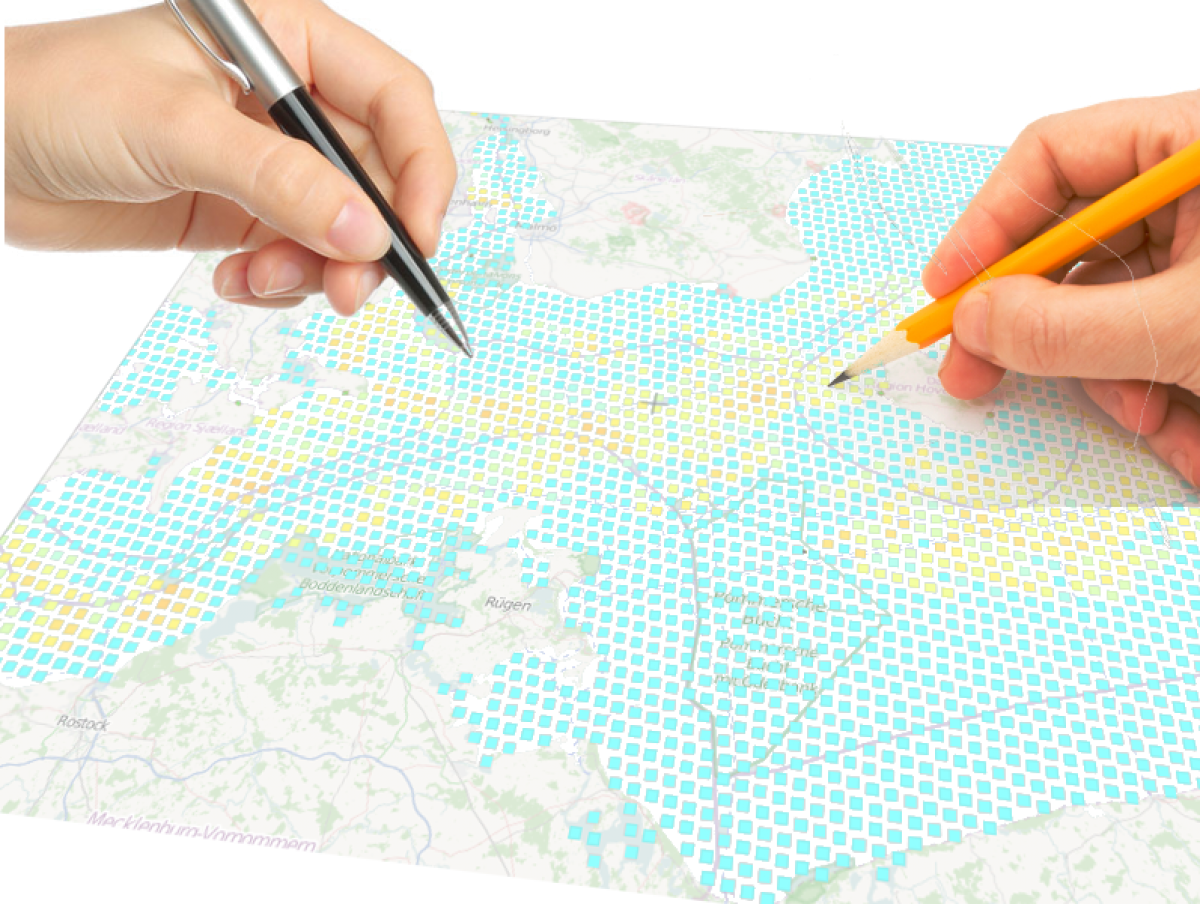 We recently presented a communication to the IIFET conference (International Institute of Fisheries Economics and Trade) about an impact assessment we are conducting on the large-scale western Baltic Sea fisheries:
We recently presented a communication to the IIFET conference (International Institute of Fisheries Economics and Trade) about an impact assessment we are conducting on the large-scale western Baltic Sea fisheries:
“Supporting bio-economic evaluation of spatial planning constraining fishing activities: be quantitative, spatially-explicit, vessel-oriented, dynamic stochastic, and coupled to fish populations”
Maritime spatial planning and fishery management are likely to generate extra costs for the fisheries by constraining fishermen activity with conservation areas and new utilization of the sea such as offshore windmill parks. Growing concerns for greener and energy efficient fisheries are also likely to alter existing fishing patterns already varying from fishery to fishery and from vessel to vessel.
Continue reading “Spatial planning constraining cross-border international Baltic fisheries”
